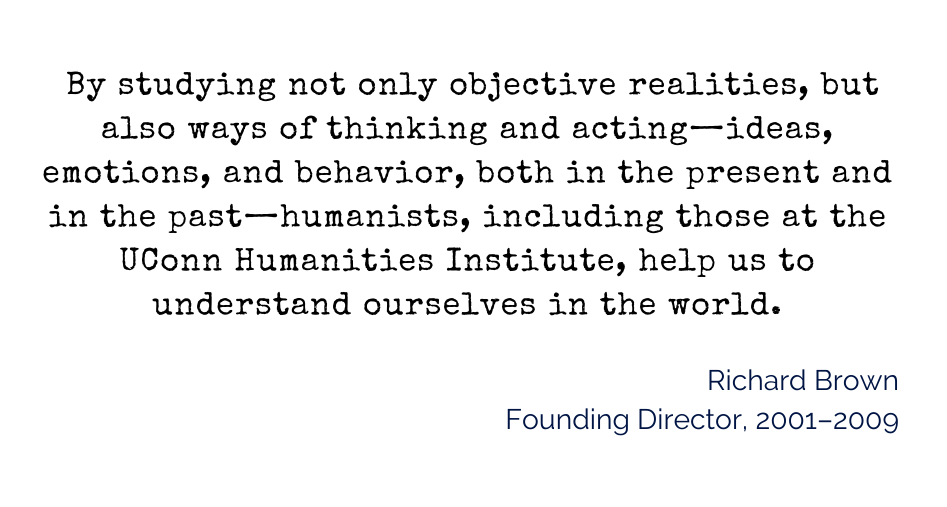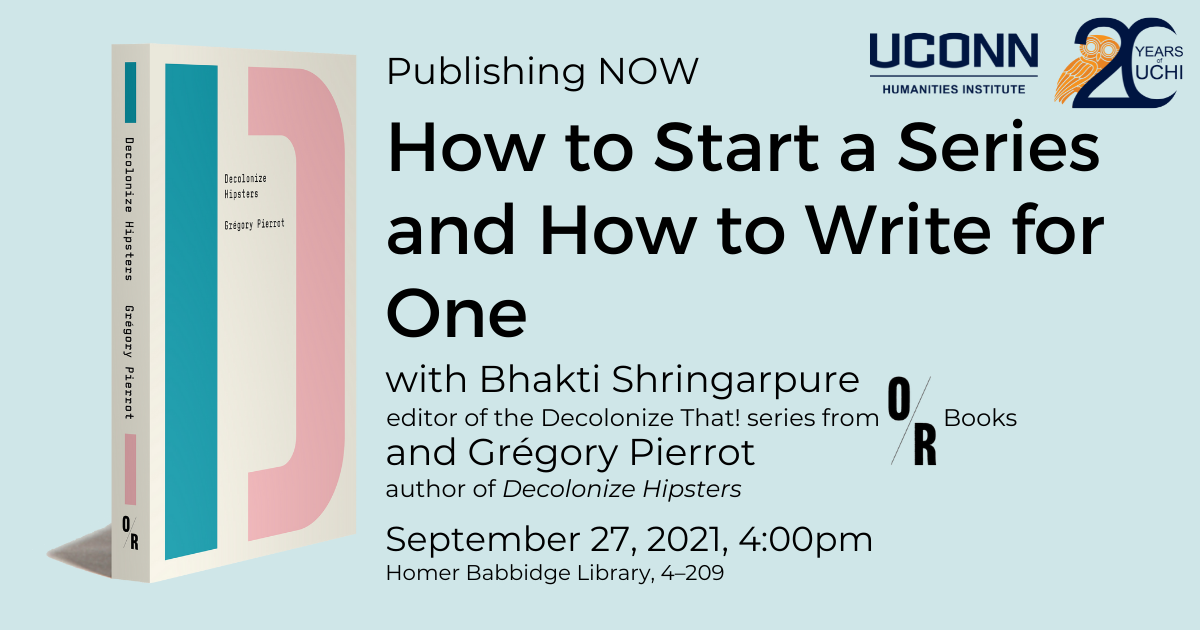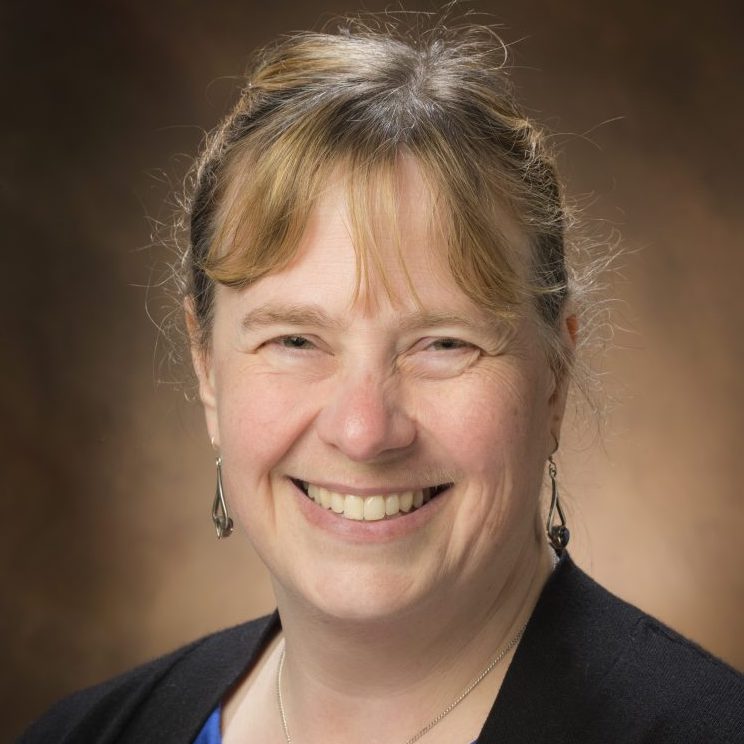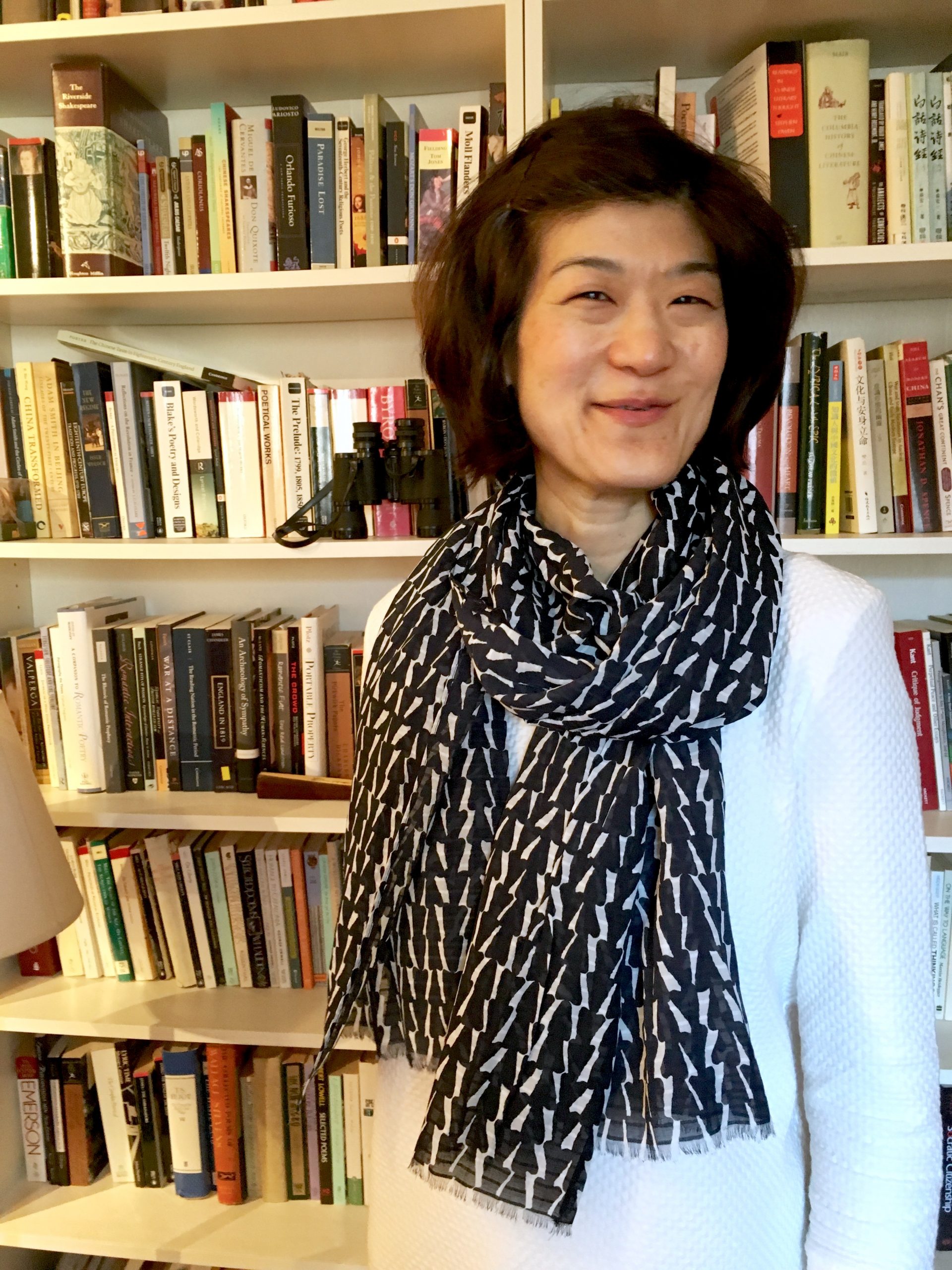As part of our 20th anniversary celebrations, UCHI’s founding director, Professor Richard Brown (History), shares remembrances of the early years and reflects on the significance of the Humanities Institute as it reaches this important milestone, and on the importance of the humanities, as we contemplate the future of knowledge.
When Ross MacKinnon, Dean of CLAS, invited candidates to head the humanities institute, he offered no specific vision of the institute; however, he conveyed two principal ideas: first, since the natural sciences already commanded substantial University support it was appropriate to commit resources to enhance the humanities; second, since fellowships for humanities scholarship were exceedingly scarce, a humanities institute could enable UConn faculty to excel when humanities institutes at competing universities were developing.
At the time of my appointment the University’s chronic budgetary stringency determined my first goal: a strong foundation for the UCHI budget. Though Dean MacKinnon (a geographer) was a powerful supporter, deans come and go. The next dean might terminate the UCHI. So, accompanied by Dean MacKinnon, I asked Provost John Petersen (a chemist), to match the CLAS support. Recognizing MacKinnon’s commitment, Petersen immediately agreed. Next, I turned to the Interim Vice Provost for Research and Graduate Education, Ian Hart (agricultural economics), to obtain support for graduate student fellowships. Hart agreed to fund two graduate fellowships for doctoral students. Funding in place, we organized.
It is said that “personnel is policy.” Jo-Ann Waide-Wunschel, who just retired, was our first staff hire. Her administrative acumen, cheerful demeanor, and human skills enabled UCHI to mobilize quickly. When Professor Françoise Dussart, a humanistic anthropologist, agreed to serve as associate director we began to plan the institute. Her interests and knowledge complemented mine. In addition, she enabled UCHI to model mixed-gender leadership—she would head UCHI during my leave. And by bringing diverse interests and disciplines to policymaking, the UCHI advisory committee enabled us to represent and serve multiple departments. The advisory committee also selected external UCHI fellows and graduate student fellows.

Perhaps the most challenging task at first was choosing UConn faculty fellows. As a new entity, UCHI needed to earn credibility with the administration, departments, and individual faculty. To assure that local friendships and departmental politics did not taint selection, UCHI paid distinguished external scholars (always two women, two men) to assess and select internal candidates. The external scholars served staggered two-year terms so as to achieve consistency and continuity. Each year we welcomed incoming faculty, visiting scholars, and graduate student fellows at a reception.
To enhance UConn faculty success in external fellowship competitions UCHI provided workshops and individual counsel regarding applications, while also using National Endowment for the Humanities format for its own applications. UCHI worked to collaborate beyond CLAS humanities departments, developing programs with Art and Art History, Dramatic Arts, and Music, as well as the Human Rights Institute. In addition, UCHI supported humanist-oriented projects from Family Studies, Linguistics, Political Science.
Fellows’ talks, both formal and informal, as well as faculty lunch-time presentations supplied lively exchanges of ideas that helped penetrate disciplinary “silos” to promote intellectual cross-fertilization. Since creative excellence in scholarship was our mission, with support from the CLAS dean we began a biennial celebration of the many books UConn humanists published, reinforcing mutual recognition of the excellence of faculty scholarship.
All scholars engage in the “production of knowledge.” Humanists, however, also provide analysis and criticism of how and why societies produce knowledge. Research in the humanities disciplines is well suited for such analysis and criticism. By studying not only objective realities, but also ways of thinking and acting—ideas, emotions, and behavior, both in the present and in the past—humanists, including those at the University of Connecticut Humanities Institute, help us to understand ourselves in the world.

Richard D. Brown, Board of Trustees Distinguished Professor of History, Emeritus, is a 1961 graduate of Oberlin College who attended Harvard on a Woodrow Wilson Scholarship, earning his Ph.D. in 1966. Before coming to the University of Connecticut in 1971, he taught as a Fulbright lecturer in France and at Oberlin College. His research and teaching interests have been in the political, social, and cultural history of early America. A past president of the Society of Historians of the Early American Republic and the New England Historical Association, Brown has held fellowships from the John Simon Guggenheim Foundation and the National Endowment for the Humanities, among others. He currently serves as president of New England Quarterly, owner and publisher of that journal. Most recently he is the author of Self-Evident Truths: Contesting Equal Rights from the Revolution to the Civil War (Yale University Press, 2017). He is also the author of Knowledge is Power: The Diffusion of Information in Early America, 1700-1865 and The Strength of a People: The Idea of an Informed Citizenry in America, 1650-1870. With Irene Quenzler Brown he is the co-author of The Hanging of Ephraim Wheeler: A Story of Rape, Incest, and Justice in Early America.
 Paul Bloomfield was a 2007–2008 UCHI faculty fellow and
Paul Bloomfield was a 2007–2008 UCHI faculty fellow and
 Alea Henle was a 2011–12 dissertation research scholar. A librarian and historian, she is now is Head of Access & Borrow at Miami University. She has a Masters in Library Science from Simmons College and a Ph.D. in History from the University of Connecticut. Over the past years, she’s worked in libraries from Washington, D.C. to Colorado to New Mexico and taught classes in history, librarianship, archives, and records management. Her research interests center on how decisions in libraries, archives, research centers, and commercial database providers increasingly shape the resources available–making materials paradoxically both easier and more difficult to locate.
Alea Henle was a 2011–12 dissertation research scholar. A librarian and historian, she is now is Head of Access & Borrow at Miami University. She has a Masters in Library Science from Simmons College and a Ph.D. in History from the University of Connecticut. Over the past years, she’s worked in libraries from Washington, D.C. to Colorado to New Mexico and taught classes in history, librarianship, archives, and records management. Her research interests center on how decisions in libraries, archives, research centers, and commercial database providers increasingly shape the resources available–making materials paradoxically both easier and more difficult to locate.

 On the Horizon of World Literature compares literary texts from asynchronous periods of incipient literary modernity in different parts of the world: Romantic England and Republican China. These moments were oriented alike by “world literature” as a discursive framework of classifications that connected and re-organized local articulations of literary histories and literary modernities. World literature, in this sense, provided and continues to provide a condition of possibility for conversation between cultures as well as their mutual provincialization.
On the Horizon of World Literature compares literary texts from asynchronous periods of incipient literary modernity in different parts of the world: Romantic England and Republican China. These moments were oriented alike by “world literature” as a discursive framework of classifications that connected and re-organized local articulations of literary histories and literary modernities. World literature, in this sense, provided and continues to provide a condition of possibility for conversation between cultures as well as their mutual provincialization.
